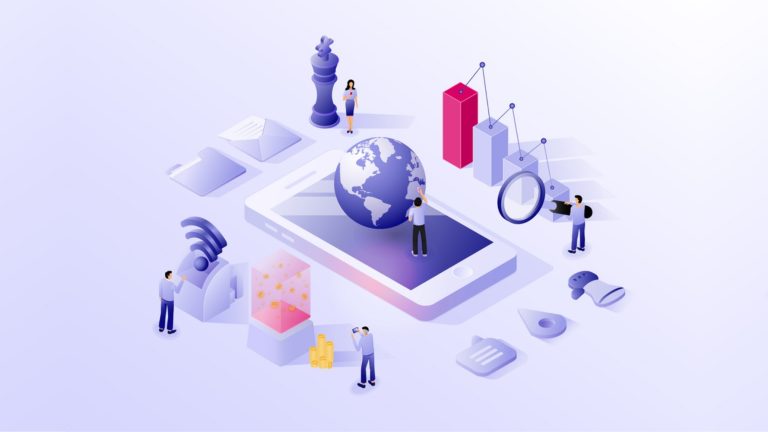COVID-19 has reminded the world of the fundamentals of speedy medical care and the need to make health care accessible and affordable to everyone. It also revealed how a global pandemic can overwhelm health systems around the world and reveal their inadequacies. The critical importance of digital solutions hence has never been more obvious.
Says Alok Bansal, Visionet Systems India’s MD and Global Head of BFSI Business, “From streamlining the admission process to speeding up access to clinical services, technology can steer the focus away from administrative nitty-gritty towards solutions that can help healthcare systems to stay focused on their patients. Be it virtual consultations, clearing data backlogs, managing patient histories and the inflow of new admissions, technology has become an integral part of post pandemic care.”
According to Alok, here are five ways in which technology is transforming healthcare:
Scaling and expanding healthcare systems
COVID-19 has made it imperative that primary and specialty health care services be scaled up and agile technology be doing its bit by systemising vast chunks of structured and unstructured information, managing inventories and making supply chain models and back-office processes more efficient. Efficient digital processing ensures that strategic and operational decisions can be faster and smarter and the workforce can be utilized more effectively. Healthcare delivery can no longer afford to remain stuck in traditional processes and has to rely on digital tools to ensure pandemic prevention, faster diagnosis and quicker treatment. Electronic health records, telemedicine solutions and apps for self-management have become indispensable in the new normal.
Emphasis on Data Analysis
Be it potentially life-saving medical research or managing the inflow and outflow of information, time sensitive data analysis is the need of the hour and AI (Artificial Intelligence) and assorted digital tools can help researchers, administrators, and insurance professionals to do their work in less time. The use of data analytics would also help in speeding up scheduling, staffing, appointments etc. Predictive analysis could further help researchers in managing the spread of infectious diseases and even insurance firms to analyse and process claims faster.
Also Read: Air India bans smoking and consumption of intoxicating substances at workplace
Wider use of cloud computing
Cloud computing is not just about storing massive volumes of data but it can also help automate data and customize applications, update outmoded legacy systems, facilitate the use of machine learning tools and IoT, help manage patient portals, and provide the flexibility through which professionals can remotely access medical reports at any given time. During the pandemic especially, cloud technology has played a very important part by facilitating remote conferencing, and providing quick updates on healthcare developments. Cloud networks also help secure and protect sensitive data.
Accurate diagnosis and imaging
Cloud computing, AR/VR, and AI-ML are now being employed to provide precise, multi-dimensional, 3D imaging, and to create disease models that can facilitate precise diagnoses and help with remote health monitoring and image-based online consultations. This means, with high-resolution imagery, surgeons and physicians can see details that were not accessible to them earlier. 3D visualisation can also help doctors to see how a medical treatment or surgery may affect the body and its organs beforehand and make adjustments accordingly.
Providing mental health care to those who need it most
The pandemic has impacted the lives of billions of people and created a simultaneous mental health crisis owing to isolation, financial anxiety, stress, fear and grief over the loss of loved ones. Digital health solutions during this time have helped connect people in need to behavioural health services in the privacy of their homes. With the help of apps, virtual sessions, messaging tools and customised care plans, access to mental health care and cognitive therapy has never been easier.
Finally, as Alok says, “It is clear that we now live in a world where technology must be constantly updated to meet new medical challenges. The healthcare systems that do not recognise this, will not be able to keep up with the demands on their inadequate infrastructure and will fall by the wayside.”






















Add comment